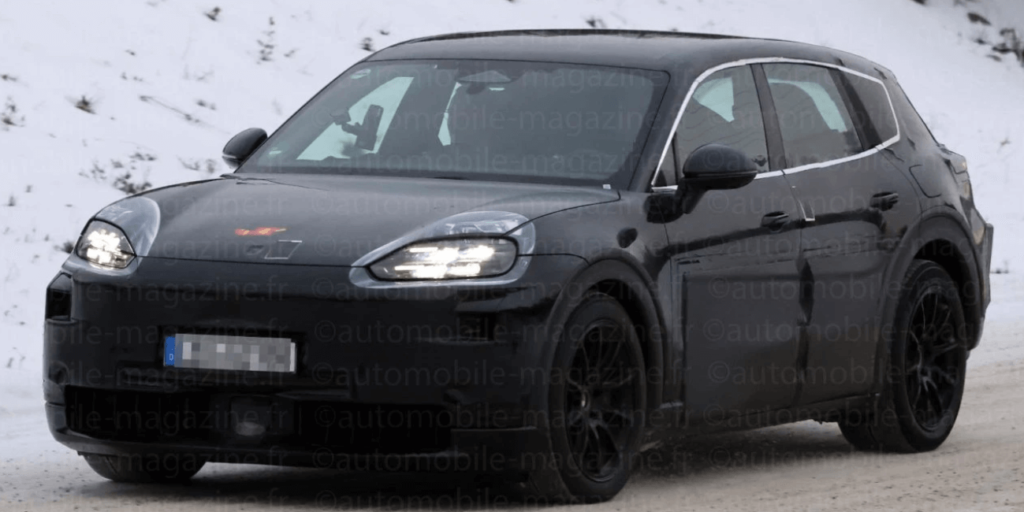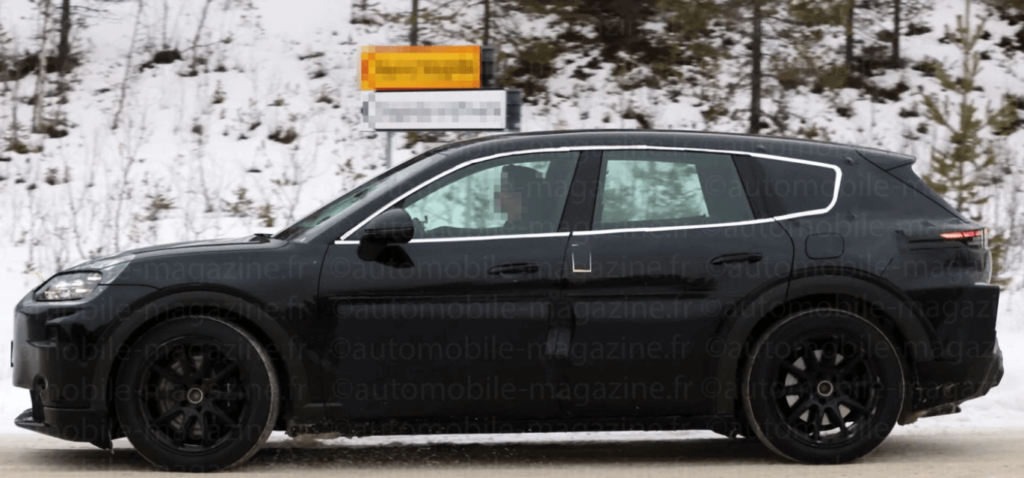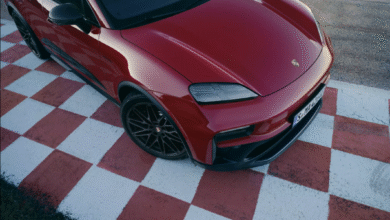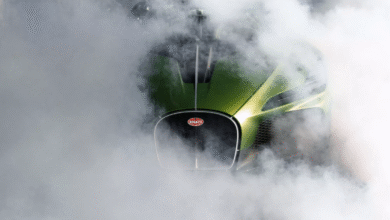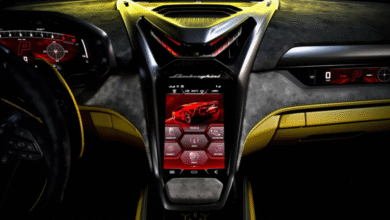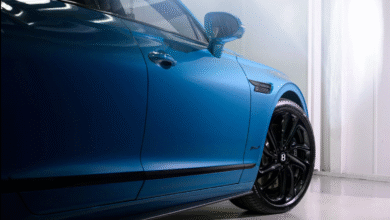2025 Porsche 911 Carrera S : More Power, Enhanced Features, and a Price Hike
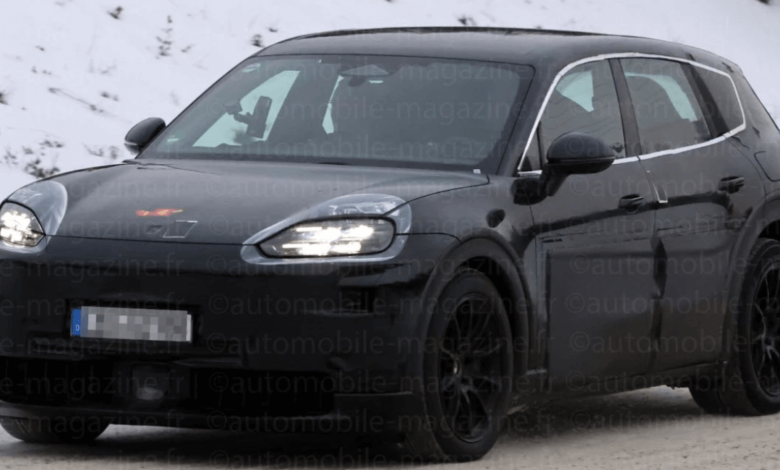
The Porsche 911 Carrera S makes its grand return in 2025 with a refreshed design, enhanced power, and updated features. Known for its extensive lineup, Porsche continues to expand the options within its iconic 911 series. The latest facelift of the 992-generation Porsche 911 refines the Carrera S, positioning it between the base Carrera models and the high-performance GTS variants.
Pricing for the 2025 Porsche 911 Carrera S
Now available on Porsche’s online configurator, the updated 911 Carrera S comes with a higher price tag than its predecessor. The Coupe starts at €157,300, while the Cabriolet begins at €171,500. This marks a €12,000 increase over the Porsche 911 Carrera T and includes an additional €60,000 environmental tax in certain regions.
Pricing Breakdown:
- Porsche 911 Carrera S Coupe: €157,300
- Porsche 911 Carrera S Cabriolet: €171,500
Performance Upgrades: More Power and Speed
The 2025 Porsche 911 Carrera S now boasts a 3.0-liter twin-turbo flat-six engine delivering 480 hp—an increase of 30 hp over the previous model. New turbochargers and optimized intercooling contribute to this power boost. The torque remains at 530 Nm, paired exclusively with an 8-speed PDK dual-clutch transmission, delivering power to the rear wheels.
Performance Highlights:
- 0-100 km/h: 3.3 seconds (Coupe)
- Top Speed: 308 km/h
- Cabriolet now achieves 0-100 km/h in 3.7 seconds.
Subtle Design Tweaks
Visually, the 2025 Carrera S retains much of the base Carrera’s front-end design. However, differences appear at the rear, where oval exhaust outlets and unique 20-inch front and 21-inch rear wheels distinguish the model.
Other aesthetic upgrades include:
- Redesigned standard wheels.
- Optional Porsche Ceramic Composite Brakes (PCCB) and PASM sport suspension for improved handling.
Enhanced Standard Features
Porsche has significantly improved the standard equipment for the 2025 911 Carrera S. Notable inclusions:
- Sport Exhaust System
- Porsche Torque Vectoring Plus (PTV+)
- Red brake calipers and larger discs (408 mm front, 380 mm rear).
Inside, the updated 911 Carrera S features standard black leather upholstery. Rear seats remain an optional free addition for those prioritizing passenger space.
Explore More About Porsche
To learn more about the Porsche 911 lineup, visit the official Porsche website. For a detailed overview of the Porsche Torque Vectoring Plus system, check out this resource.
